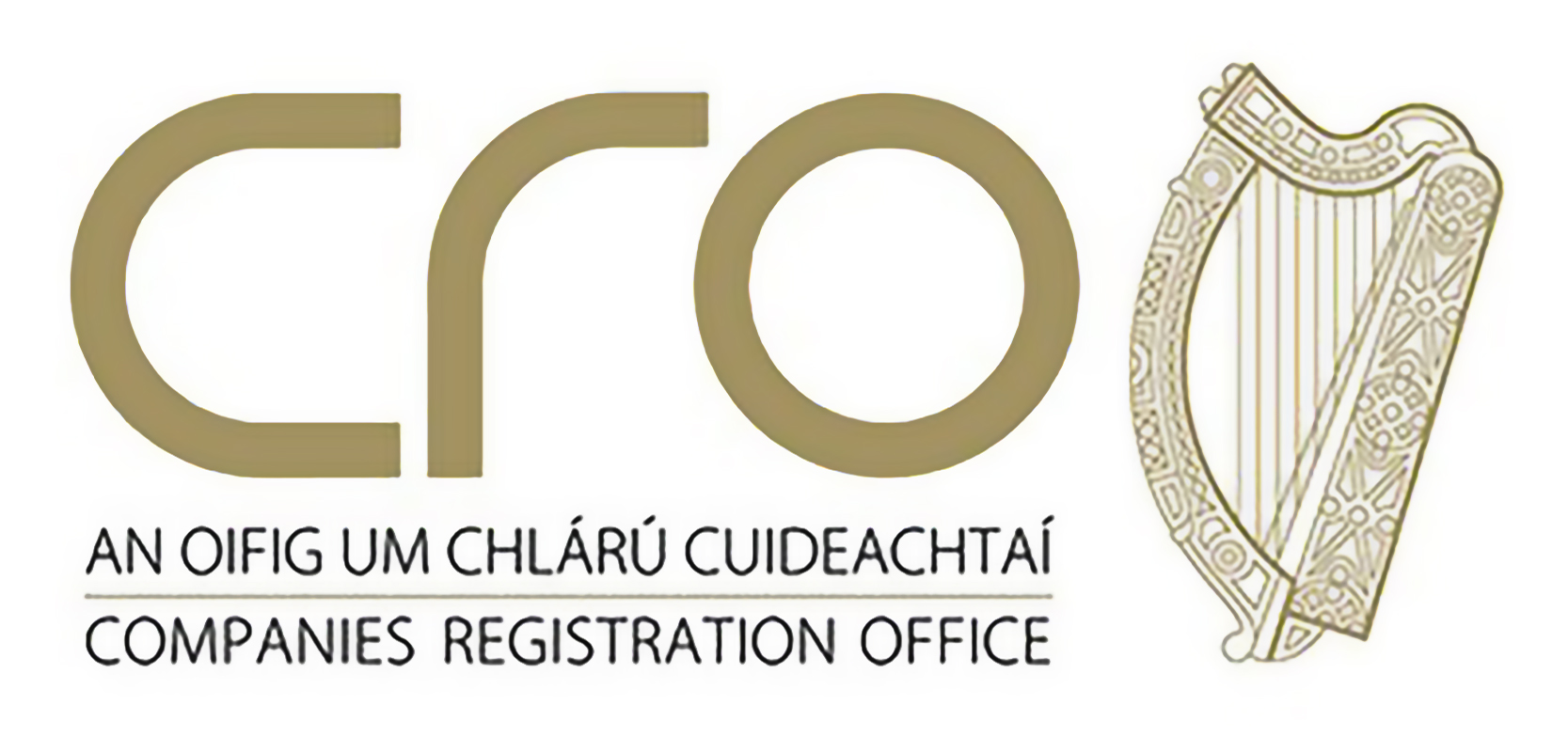What is a Judgment (Debt/ Money)?
When monies are owed by a person or a legal entity the courts may issue a ruling stating that the creditor (or other plaintiff) is entitled to a certain amount of money. Once the creditor has obtained a judgment, the creditor can employ a host of methods to collect the money that are otherwise unavailable without a
judgment.
What is the rationale behind the purchasing solicitor or conveyancer’s decision to seek a Judgment (Debt/Money) search when conducting closing searches on a property, right, or interest purchase?
By registering the debt in the Judgment (Debt/ Money) register maintained by the Central Office of the High Court, the creditor makes it public that there is a Judgment (Debt/ Money) against the person or entity affected. Debt judgments from the District Court, the Circuit Court and the High Court may all be
registered.
For the solicitor or conveyancer handling the purchase, a listing in the Judgment (Debt/Money) Register can serve as an alert to the potential conversion of the judgment into a judgment mortgage against the property being sold. This scenario might lead to the property being marketable only under the supervision of the court.
Please take note: Judgments from the Superior Courts (Supreme Court, Court of Appeal, and High Court) and the Circuit Court for a liquidated sum [meaning judgments requiring a monetary payment] are eligible for registration as judgment mortgages. Furthermore, a decree from the District Court for a liquidated sum can also be registered as a judgment mortgage (as outlined in Section 24 of the Courts Act, 1981).
How and what to search for on the Judgment (Debt/ Money) register?
Seller Names: In practice, searches of the Judgment (Debt/Money) register are against the names of individuals (and/or entities) who are selling the property or an interest/right therein.
Purchasers Names: Additionally, when a solicitor commits to safeguarding the interests of a lender or lending institution in cases involving a mortgage, it is customary to also conduct searches on the names of the individuals or entities acquiring the property, interest, or right.
The rationale for doing so is that it forms part of a lender’s ‘Review of Security’ and could impact on the lenders’ willingness to provide a mortgage, etc.
Are addresses required to be provided as part of the searching instruction?
The short answer is that addresses are not required.
Ultimately, the Judgment (Debt/ Money) register is a register of names/ parties against whom a Judgment (Debt/ Money) has been recorded. As such any searches are strictly confined to the names provided in the searching instruction.
What will the Ellis & Ellis Judgment (Debt/ Money) register result show me?
Specifically, as the Ellis & Ellis search will be against the bearers of the names provided, a result will be produced for any matching names, irrespective of address. This could mean that several matches of that name, with varying addresses could be returned.
If no matching names are identified, then that too will be stated in our certified result.
For positive results some of the headers will include the address of the affected party (at the time of judgment), the judgment date, the amount ruled to be owed, comments (re partial payments, etc.), notes of costs, plaintiff details, debtors occupation, the date of registration in the Judgment (Debt/ Money) register itself, and status.
Normally this ‘status’ field for entries will be blank. If latterly the register entry has subsequently been satisfied, vacated or cancelled, that changed status will then be displayed once those details are formally established.
What details will the Judgment (Debt/ Money) register search result NOT inform me about judgments rulings?
As stated above, when a ruling is given that monies are owed by a person or a legal entity, those details can be recorded in the Judgment (Debt/ Money) register maintained by the Central Office of the High Court.
While one might assume that such judgment details are automatically recorded therein, this is simply not the case. For a judgment to be entered it takes the active involvement of a creditor to register same in the official register, or for that matter in any other register where it could potentially be recorded, e.g., the Civil Sheriff’s register.
However, it is noteworthy that since October 2010 the Court Services have withdrawn access to third parties who wish to collect Judgment (Debt/ Money) information that was not formally registered in the Judgment (Debt/ Money) register. Subsequent legal challenges to that decision have also failed to surmount the GDPR underpinnings of the original ruling.
At the time of the Court Services’ decision some sources estimated that unregistered judgments could account for between 50 and 80 percent of all Judgments (Debt/ Money) made. However, the current number of unregistered judgments are not verifiable at the time of writing.
In light of the above, it is not uncommon for a judgment mortgage or affidavit of Judgment to be recorded in the Land Registry of Registry of Deeds respectively even if no record of the original judgment has ever been registered in the Judgment (Debt/ Money) register.
So how will I know if a ‘hit’ on the Judgment (Debt/ Money) register is the seller or my client?
Given that search results return bearers of a name irrespective of their address, it may not be clear if a person that has been recorded on the Judgment (Debt/ Money) register is your person of interest or not. This is particularly true if the associated addresses do not match the address on title.
The explanation for the above statement is that the person might have been recorded at the time of the Judgment (Debt/ Money) at a different address to the current property being conveyed. Alternatively, the property being conveyed is just one of many owned by the seller.
As such, if any such ‘hits’ are identified, as the purchasing solicitor/ conveyancer the matter can be raised with the selling solicitor/ conveyancer to show or provide acceptable declarations that this is or is not their client who bears a similar name, albeit at a different current address.
The same assurances can be sought from the mortgagee if a namesake is identified in a report; particularly if the mortgagee currently lives at a different address to the premises being conveyed.
So how long does a Judgment (Debt/ Money) entry last on the register?
The authority vested in a Judgment (Debt/Money) to enable creditors to pursue enforcement orders extends for a period of 12 years from the judgment’s date. Nevertheless, during this interim timescale, an entry may be updated as “satisfied,” “vacated,” or “cancelled” based on a court order by consent or through a Notice of Motion.
However, unless formally annulled or removed, any entry related to a Judgment (Debt/Money) will persist on the registers indefinitely. Consequently, it might still appear as a result of conducting a register search, regardless of the entry’s age.
Rely on a reputable Law Search provider.
Given the significant repercussions detailed above for either not conducting a search or, even worse, conducting an inadequate or erroneous Judgment (Debt/Money) search, it is essential for purchasing solicitors and conveyancers to opt for a trusted law search provider like Ellis & Ellis.
With our combination of a swift and user-friendly ordering platform at www.ellis.ie, an accumulated professional expertise spanning over 130 years, and a commitment to delivering a top-tier post-sales experience, we offer clients an exceptional search service.
To further enhance your confidence, Ellis & Ellis provides substantial Professional Indemnity Cover.
Why not become one of the thousands of users who place their trust in Ellis & Ellis to gain a competitive advantage?
Did you find the above information to be of interest? Why not check out one of our other Ellis & Ellis explainers for some related searches below; –
List of related searches:









